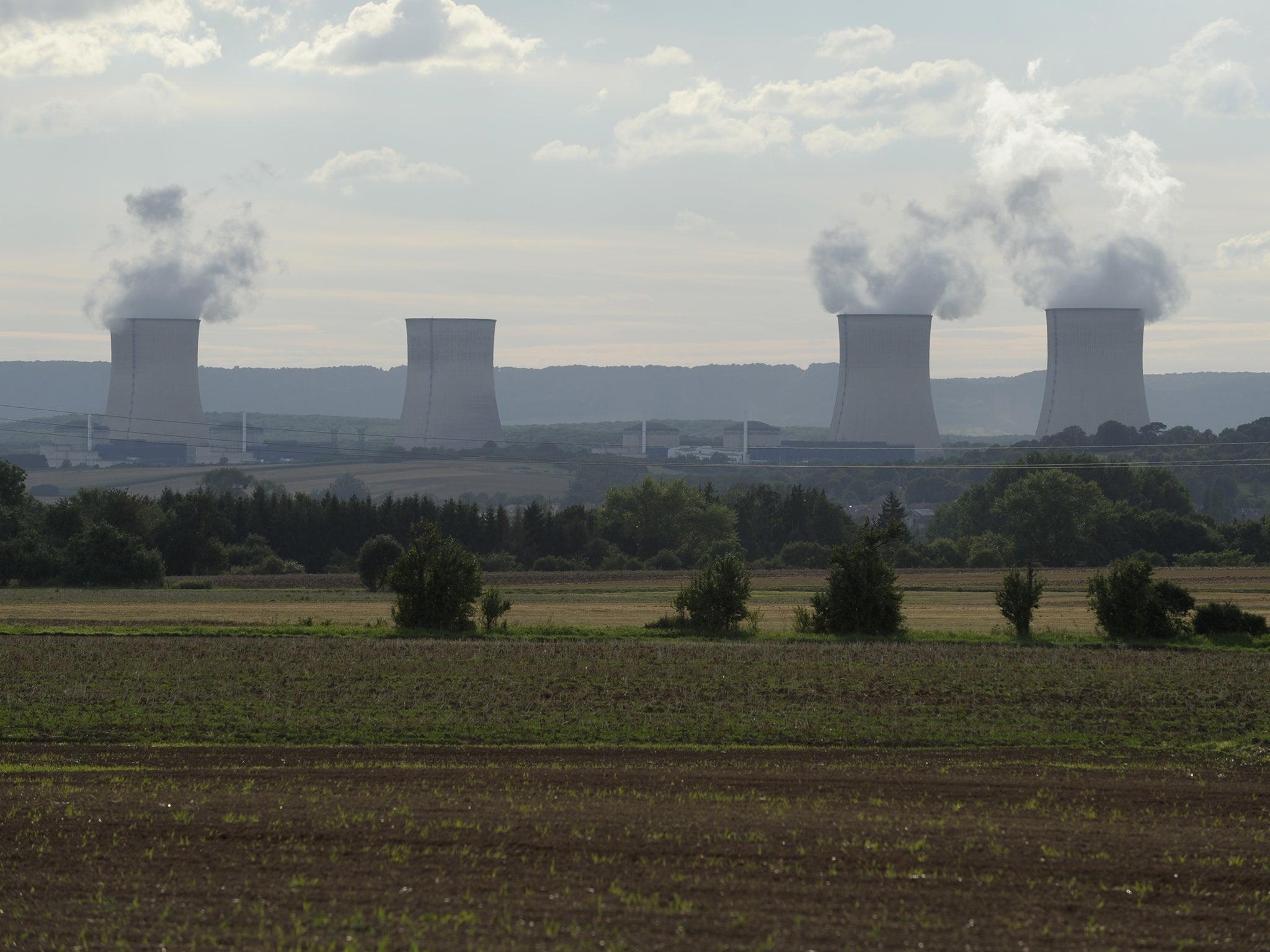Luxembourg hands out iodine pills over fears of French nuclear mishap
The extraordinary measures were announced on Wednesday this week

A series of accidents at France’s controversial Cattenom nuclear power station has prompted the government in neighbouring Luxembourg to take the unprecedented step of issuing free iodine pills to its half a million citizens to help protect them in the event of a serious nuclear incident at the plant.
The extraordinary measures were announced on Wednesday this week by Luxembourg’s Interior Minister Dan Kersch, who said they were designed to “prevent panic” and the likelihood of a “rush” on the country’s chemists in the aftermath of an accident at Cattenom. “The keywords here are ‘early precaution’,” Mr Kersch said.
The announcement was accompanied by photographs published by Luxembourg’s media showing boxes of 65 milligram Potassium Iodide pills that will shortly be distributed to the public. All the boxes were stamped with the warning: “Only to be used in the event of a nuclear accident,” written in red.
Taking large amounts of iodine in the aftermath of a nuclear accident is referred to as “blocking”. The measure is designed to prevent the thyroid gland storing additional radioactive contaminated iodine and the subsequent risk of thyroid cancer.
France’s Cattenom power plant is located in the Lorraine region close to the Luxembourg border. France and Belgium already have an iodine pill provision scheme for people living close to the plant. The government in the neighbouring German state of Saarland has also issued every locality in a 25 kilometre radius of Cattenom with its own supplies of iodine.
The plant, which consists of four pressurised water reactors, went online in 1986 and remains one of France’s most productive nuclear reactors. But a series of accidents, which last year culminated in the deaths of two workers, have brought renewed demands for its early closure from France’s neighbours and provoked demonstrations by anti-nuclear groups. In Germany, Cattenom is widely referred to as the “problem” power plant. German media reports said one of its reactors had to be taken off stream last weekend to enable workers to repair a defective pipe system.
“We want to do everything and exert political pressure to ensure that Cattenom is shut down as soon as possible,” said Saarland’s Social Democrat Interior Minister Reinhold Jost this week. In September, French and German anti-nuclear campaigners held a demonstration at Cattenom demanding its immediate closure.
In February 2013 two workers carrying out routine maintenance in a reactor building at Cattenom died after a platform on which they were working became detached and dropped several metres to the floor. Another worker was seriously injured. Two further incidents occurred at the plant three months later.
Germany is hoping that a new French energy bill passed in Paris last week will bring about Cattenom’s closure although the plant is scheduled to stay open until 2050. The new legislation aims to cut the amount of nuclear power on which France relies from 75 to 50 per cent by 2025.
While Cattenom’s fate remains undecided, France is on course to shut down two of its older nuclear reactors in 2016 when a new plant in Flamanville on the Normandy coast comes into operation.
Join our commenting forum
Join thought-provoking conversations, follow other Independent readers and see their replies
Comments